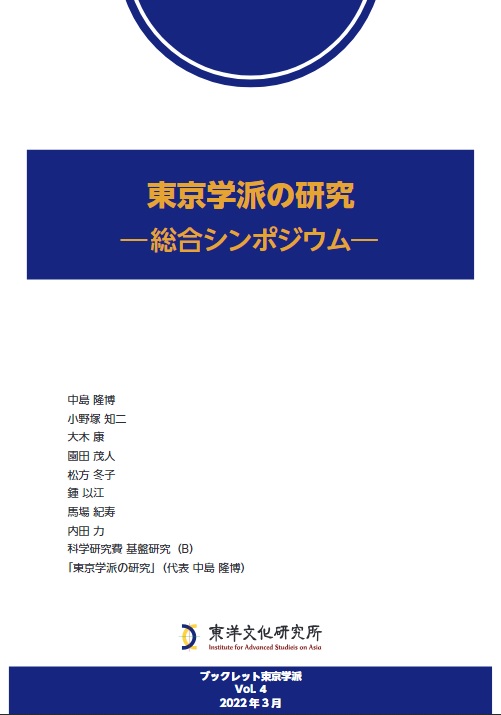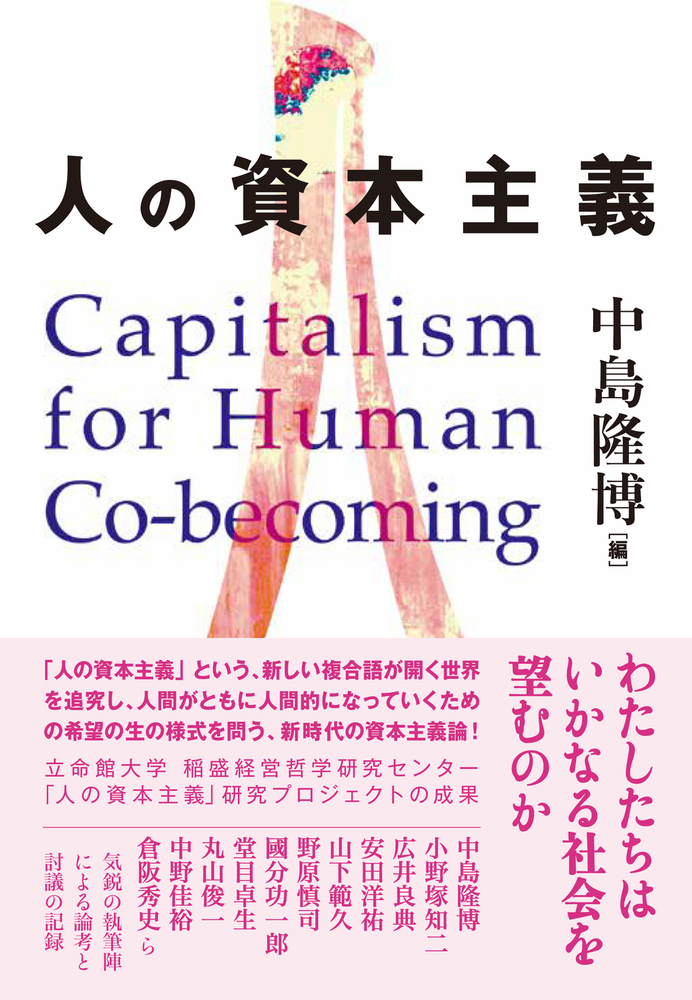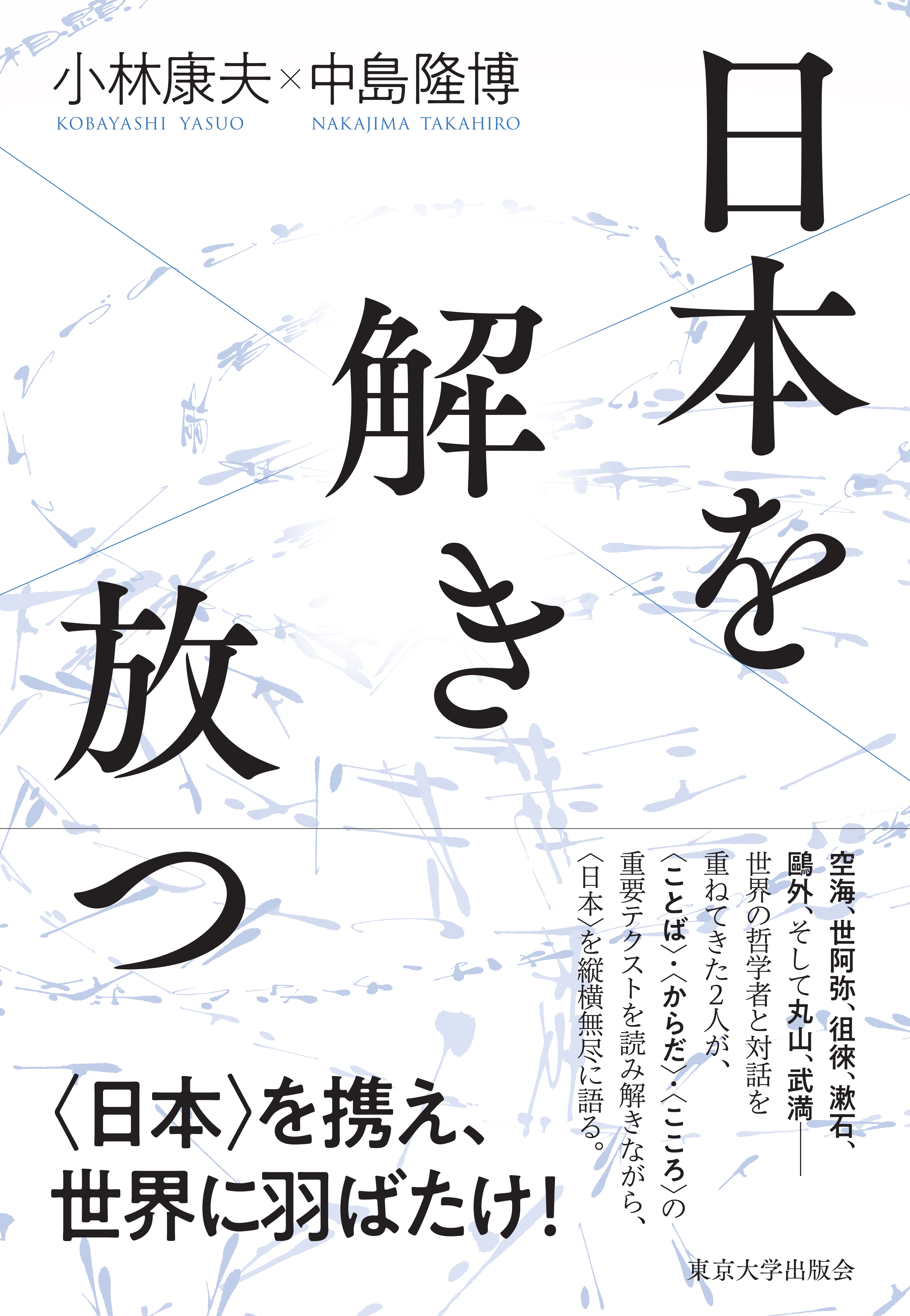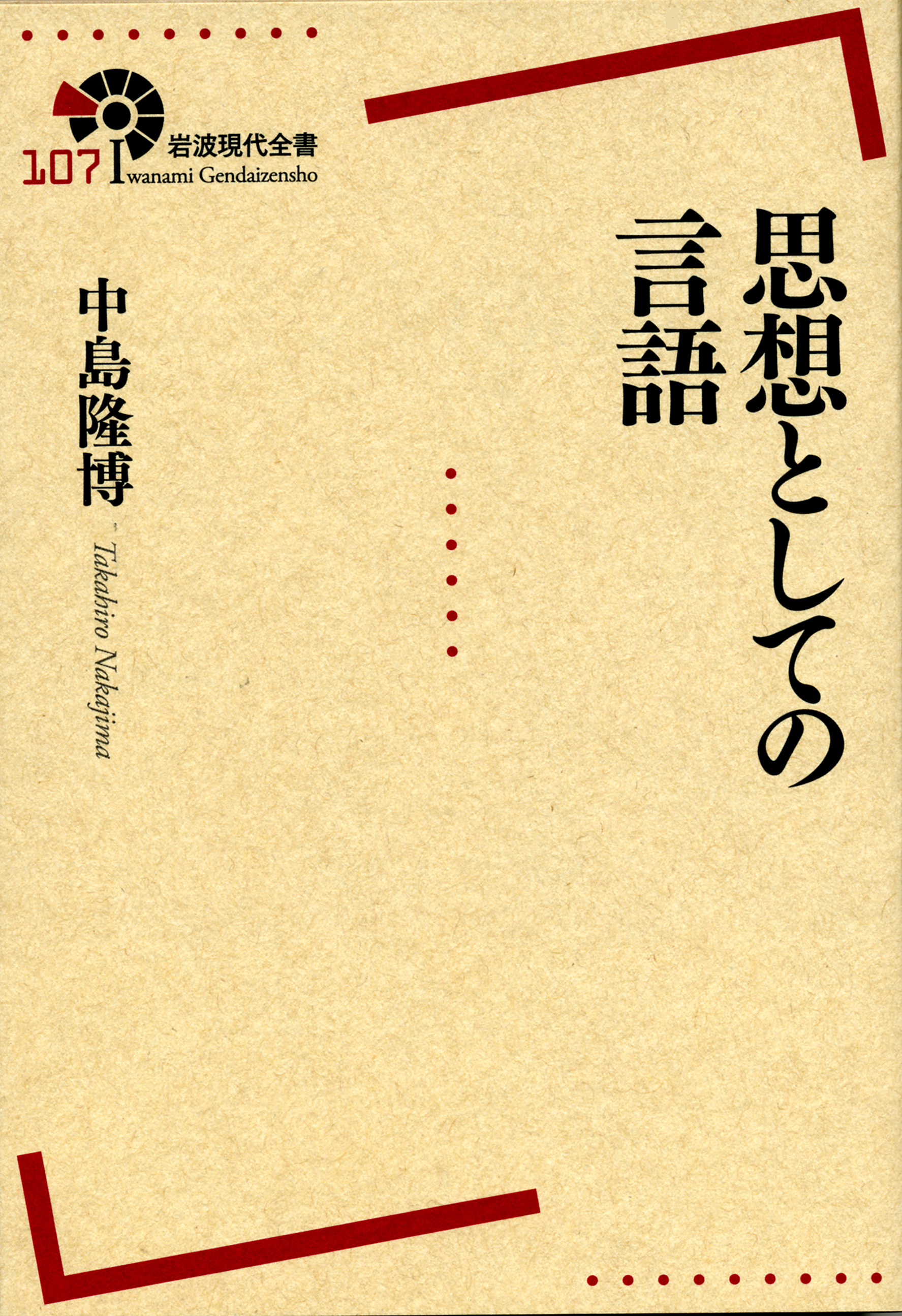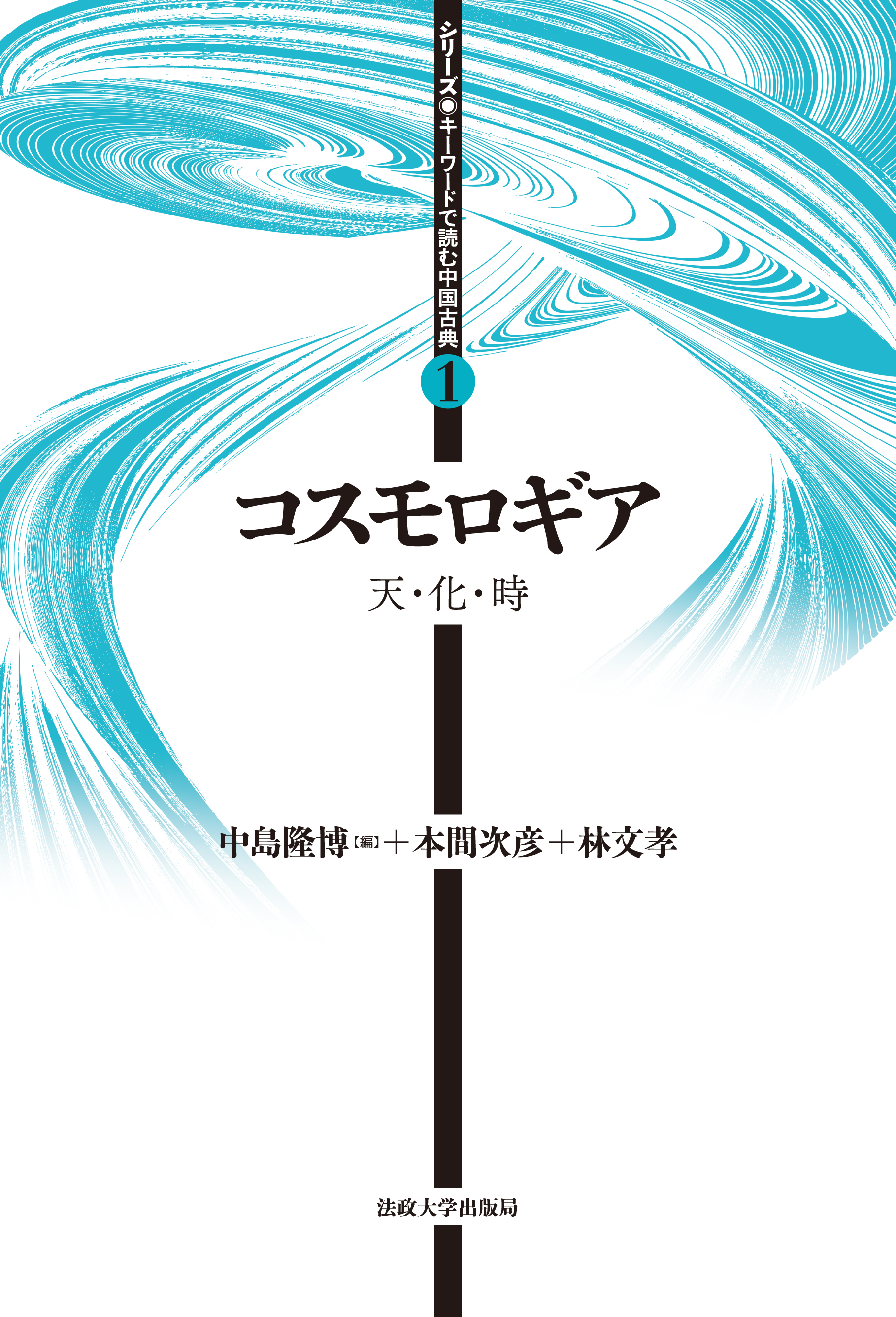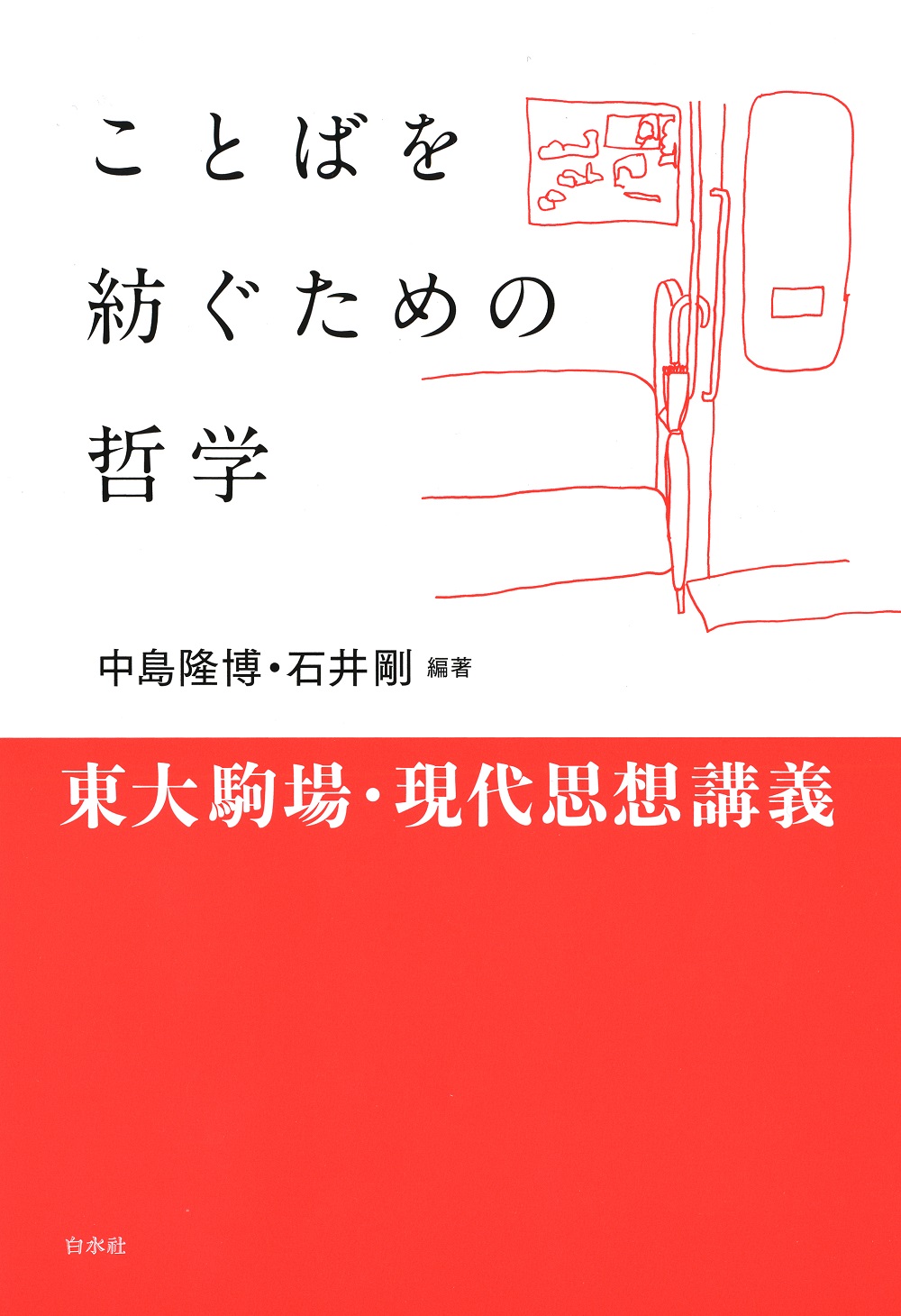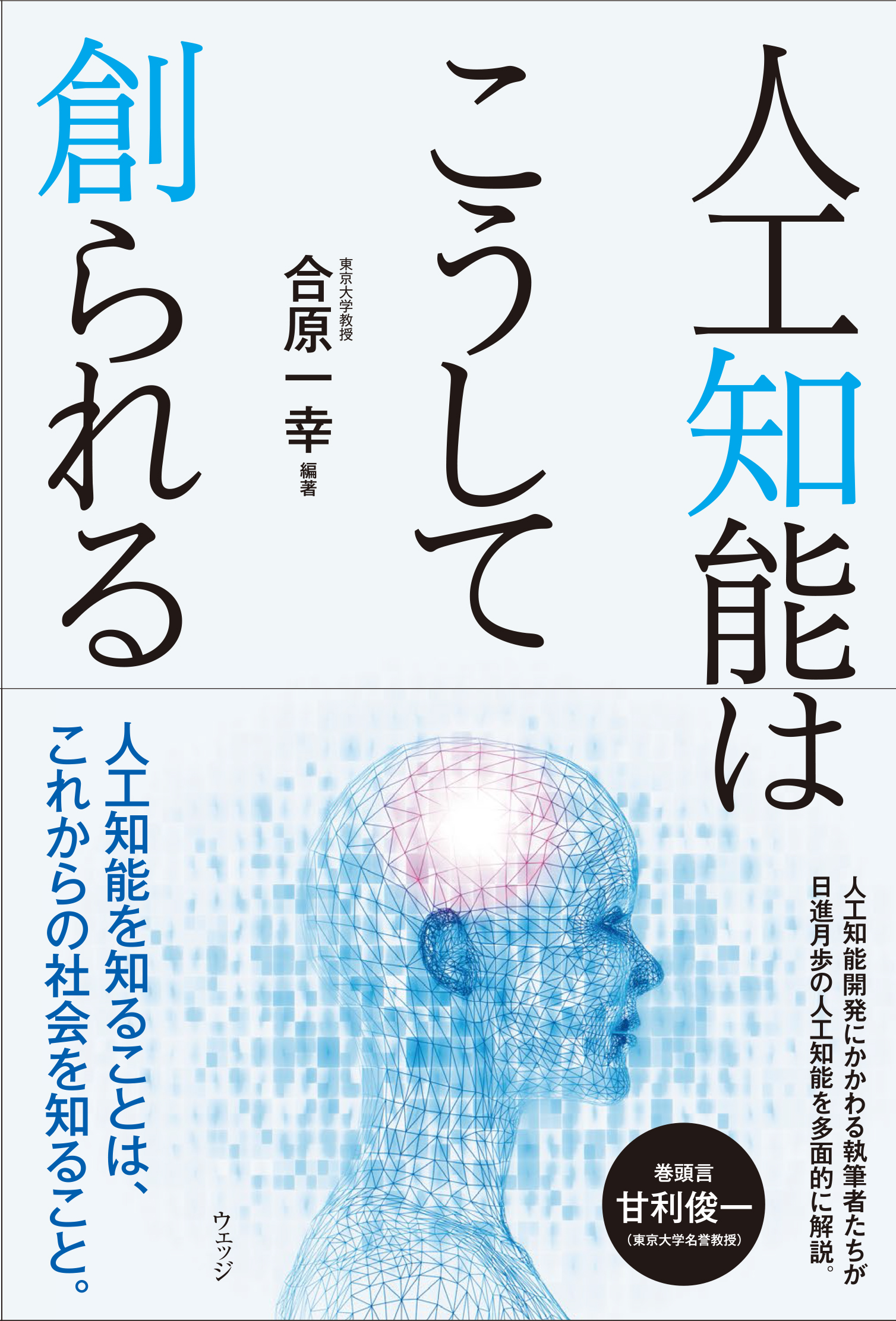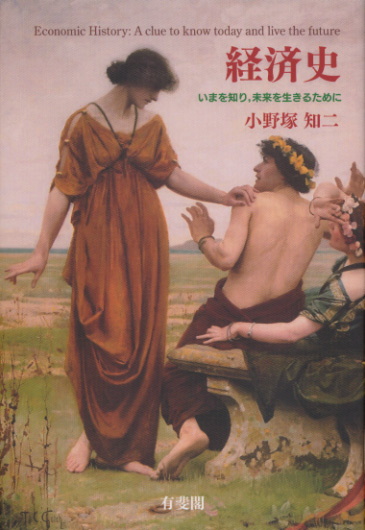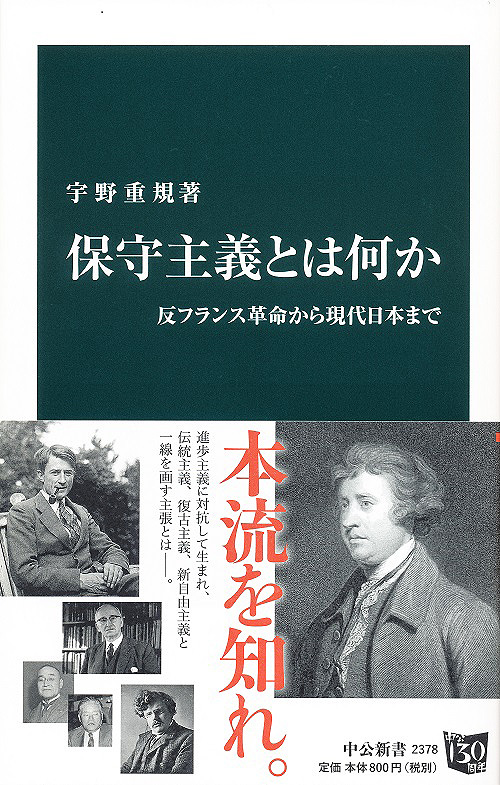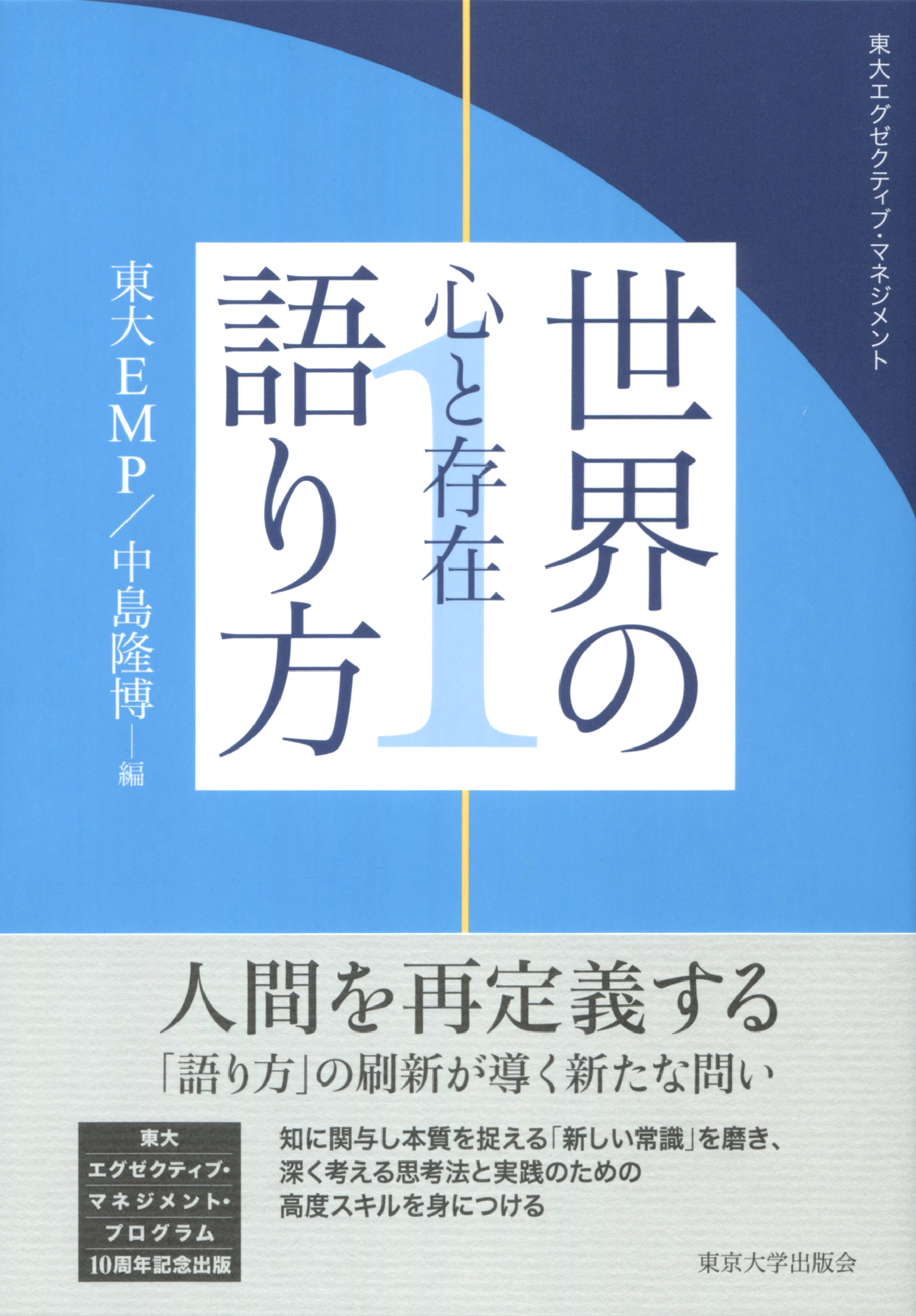
Title
Todai Executive Management Program Sekai no Katari-kata (The Art of Telling the World, Volume 1: Mind and Existence, Volume 2: Language and Ethics)
Size
272 pages, 127x188mm
Language
Japanese
Released
September 11, 2018
ISBN
Volume 1: 978-4-13-043061-6
Volume 2: 978-4-13-043062-3
Published by
University of Tokyo Press
Book Info
See Book Availability at Library
Sekai no Katari-kata, Volume 1 Sekai no Katari-kata, Volume 2
Japanese Page
These two volumes were published to commemorate the tenth anniversary of the Executive Management Program (EMP), a non-degree program for executive business persons offered by the University of Tokyo which aims to provide interdisciplinary programs that integrate and bridge conventional disciplines divided into humanities, social sciences, and natural sciences. This aim has been elaborated as the cornerstone of the university’s education for undergraduate as well as graduate.
With a focus on the “art of talking,” these two volumes seek to answer the question, “What happens when people with different specializations in the humanities, social sciences and natural sciences get together to discuss the same topic?” Instructors in different fields were brought together to talk about the four topics of “mind,” “existence,” “language,” and “ethics.” Participants included Prof. Kazuyuki Aihara (mathematics), Prof. Haruhiko Bitō (neurochemistry), Prof. Yasuo Kobayashi (philosophy), Prof. Yoshinori Yokoyama (social system design), Prof. Hiroshi Ichikawa (Judaism), Prof. Shōji Asai (particle physics), Prof. Ryōzō Nagai (medicine), Prof. Tomoji Onozuka (economic history), Prof. Kuniyoshi Sakai (linguistics), Prof. Shigeki Uno (political science), Prof. Hisao Miyamoto (Christianity), Prof. Yasuhiro Iye (materials science), and Prof. Hideki Hashimoto (public health). Each of these professors has specialized academic knowledge that people outside of those fields cannot possibly match. Yet, depending on how this academic knowledge is conveyed in discourse, it can be shared and discussed among people with different specialties.
One idea that 20th-century academic knowledge has made clear is that in many cases, what is more important is not so much “what” you convey as “how” you convey it. This is the premise on which the “art of telling” is based. Our objective, therefore, has been to open up new horizons of knowledge by focusing on how to talk about academic knowledge that integrates the humanities, social sciences and natural sciences, rather than trying to define what is meant by interdisciplinary knowledge. Each of the participants talked about one of the four topics in an engaging manner. For example, Prof. Aihara, the mathematician, speaking on the “mind,” asserts, “If there were only one human being, our minds and consciousness would not have developed as they have.” Regarding “existence,” Prof. Asai makes the heuristic argument that “information is the force that drives elementary particles,” and on “language,” Prof. Sakai suggests that shōgi player Sōta Fujii is “bilingual in Japanese and shōgi.” The efficacy of these pronouncements depends on the reader’s interpretation, the extent to which the reader participates in the discourse. As is repeatedly pointed out by Prof. Miyamoto, in making a metaphor, the speaker presents only half the story. The listener creates the other half. We look forward to having our readers take active part in the discourse.
(Written by NAKAJIMA Takahiro, Professor, Institute for Advanced Studies on Asia / 2019)



 Find a book
Find a book


 eBook
eBook